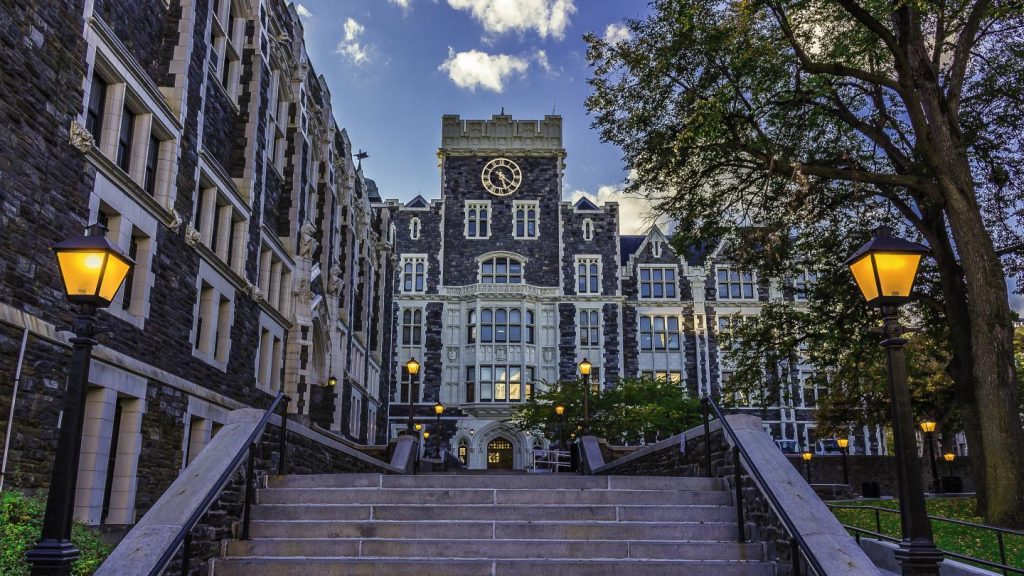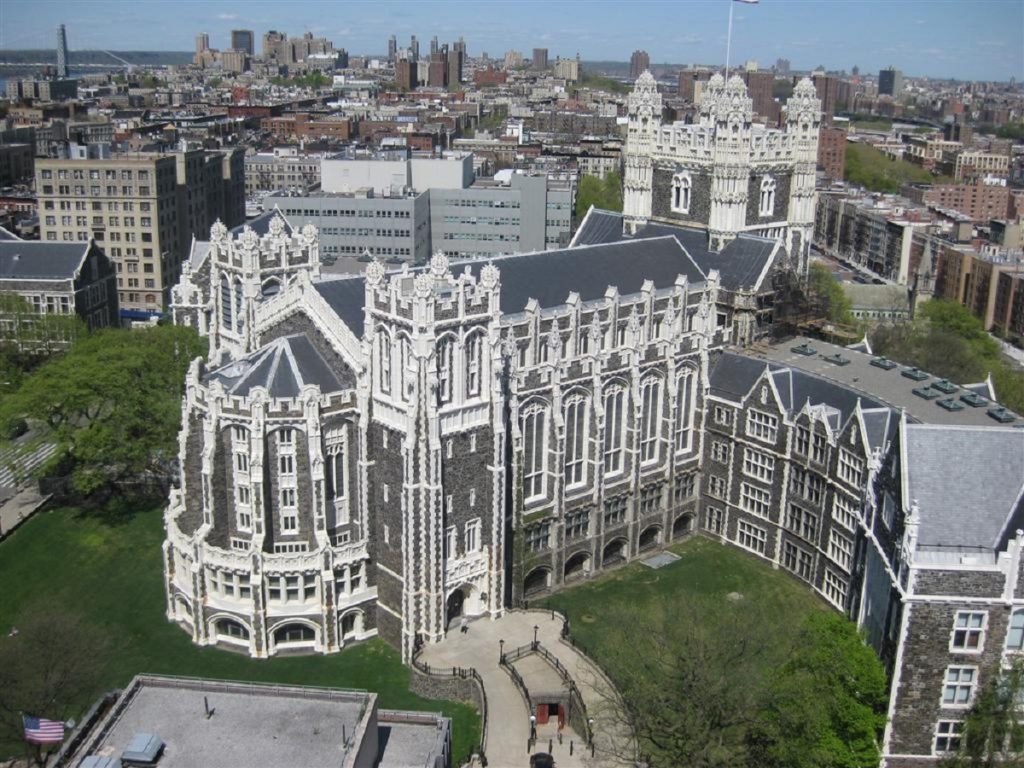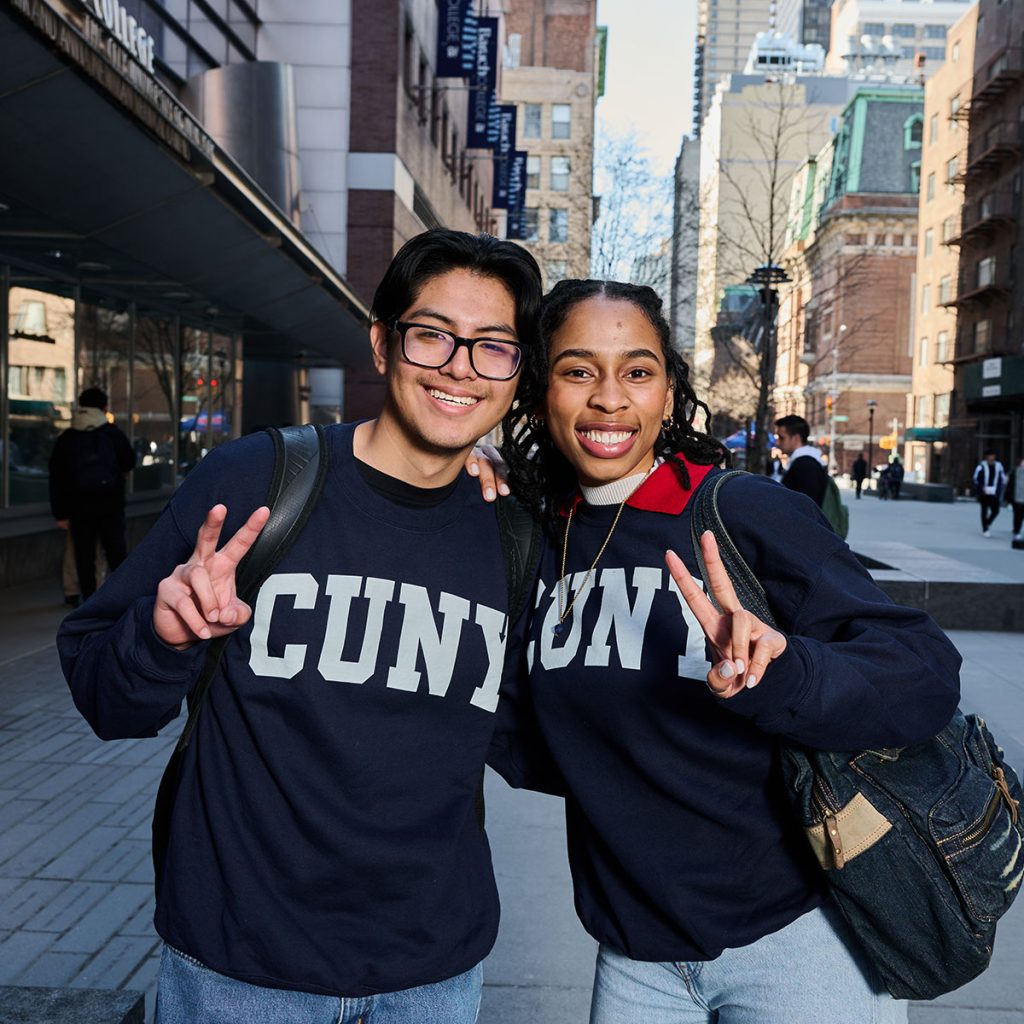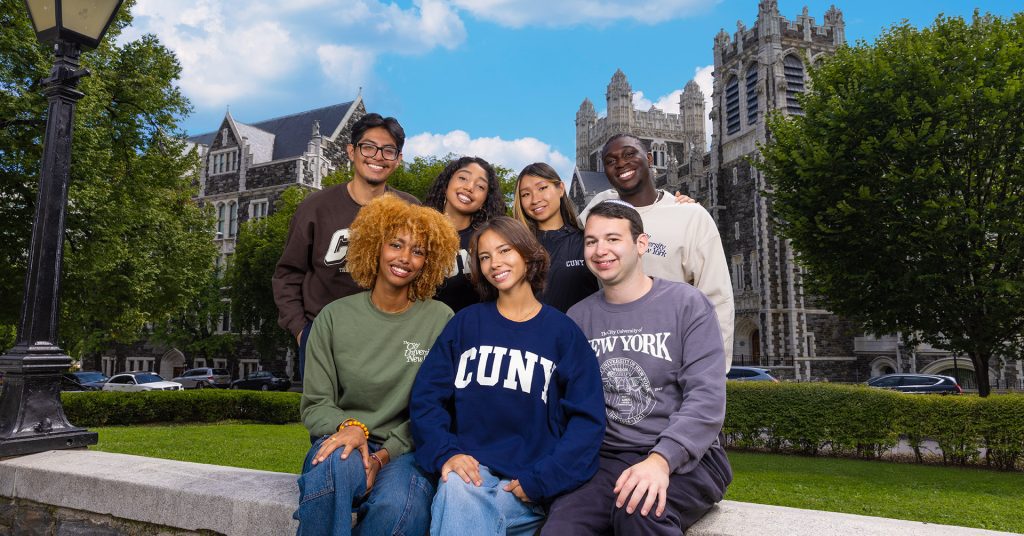In a metropolis where thousands of cultures, voices, and dreams intersect every day, education must be accessible, flexible, and truly inspiring. This is the mission of City University of New York (CUNY) — the largest public university system in New York City, which for over one and a half centuries has provided millions of people with the opportunity to realize themselves in one of the most dynamic cities in the world.
The history of CUNY begins in 1847, when Free Academy was founded in New York City — an institution aimed at providing quality education regardless of social status. It was a revolutionary step, an idea that challenged the elitist approach to higher education. Over the years, Free Academy evolved into an entire university network that preserved its democratic spirit. Today, more than 175 years later, CUNY remains a flagship of accessible education, faithful to principles of equality, inclusion, and civic responsibility.


CUNY is 25 distinct colleges and schools, located throughout all five boroughs of New York City: from the Bronx to Staten Island, from Brooklyn to Queens and Manhattan. The system includes:
- 11 four-year colleges, among which well-known Hunter College, Baruch College, City College of New York, Brooklyn College;
- 7 two-year colleges (community colleges), which provide a flexible start for those seeking to quickly acquire a profession or continue their studies;
- 7 specialized schools, including Graduate Center, School of Law, School of Public Health.
Each institution has its own academic focus, history, and cultural rhythm, but they are all united by one goal — to provide an education that transforms lives.


One of CUNY's greatest assets is an impressive academic diversity. Students can choose from over 1,750 undergraduate, graduate, and professional programs. Here, you can study just about everything:
- Business, economics, management;
- Law and legal sciences;
- STEM disciplines — computer science, engineering, mathematics, biology;
- Journalism, media, theatrical arts;
- Health sciences, psychology, education;
- Humanities, philosophy, literature.
Programs combine fundamental theory with practical skills. Students have access to internships, volunteer projects, and collaboration with city institutions — museums, hospitals, courts, theaters, tech startups, and international corporations operating in New York City.
One of the most important features of CUNY is its exceptional ethnocultural diversity. The university prides itself on the fact that:
- more than 40% of students are first in their family to attain higher education;
- more than half are members of racial and ethnic minorities;
- students from over 200 countries study within the university system;
- teaching is conducted in various languages, and student support is tailored to their cultural and social backgrounds.
This makes CUNY one of the most inclusive universities in America, where everyone has the opportunity not just to study but to be heard and accepted.


CUNY has long been known for its policy of financial accessibility. Thanks to state funding, numerous grants, scholarships, and social programs, thousands of students from low-income families have the opportunity to study without financial burdens. Programs like Excelsior Scholarship, initiatives supporting immigrants, refugees, students with disabilities, or those with unstable housing — all this makes CUNY not just a university but a social partner and support system for those who truly need a chance.
City University of New York is more than just an educational institution. It is an organization deeply rooted in the urban space, constantly engaging with communities, responding to contemporary challenges, and adapting to new realities.
CUNY is a platform for social mobility, a place of dialogue, innovation, and civic action. It is a university where knowledge transforms into a tool for change, and education becomes active participation in shaping the future of the city, the country, and the world.



